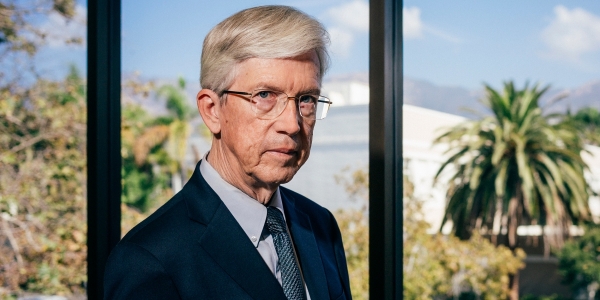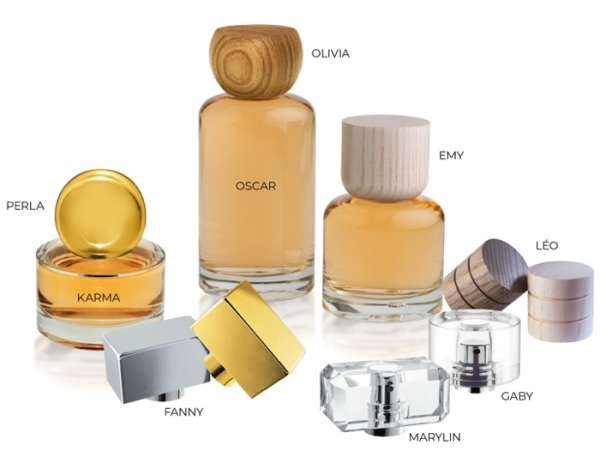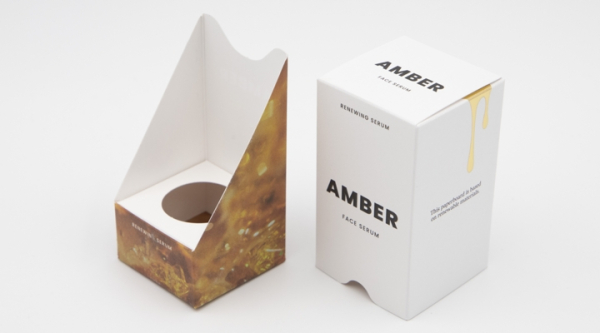
Dan O’Dowd thinks your child’s safety is worth over a half million dollars of his money.
Sandwiched between the often irreverent and always ultra-expensive Super Bowl ads this year was a commercial from his own “Dawn Project,” calling for the immediate ban of Tesla’s Full Self-Driving (FSD) feature.
The 30-second ad, which his organization confirmed to CNN cost $600,000 to run, is the latest attack against Elon Musk in a year-long campaign by the Green Hills Software CEO to galvanize public opposition to FSD.
“I am trying to remove the worst, most incompetently designed, developed and tested automotive product on the market,” he said in a tweet on Sunday, calling for the U.S. government to mandate the deactivation of Tesla’s FSD until all supposed defects are fixed.
Tesla did not respond to an inquiry from Fortune about the Dawn Project’s Super Bowl ad.
In a tweet on Sunday, however, Musk responded by claiming the ad would actually benefit his carmaker.
“This will greatly increase public awareness that a Tesla can drive itself (supervised for now),” he wrote.
O’Dowd burst onto the scene in January of last year, quickly becoming the most vocal critic of FSD, eclipsing figures like Snow Bull Capital CEO Taylor Ogan, an investor in Tesla rival BYD.
He even ran for the U.S. Senate on one issue: getting supposedly unsafe Tesla FSD cars off the road.
After taking out a full-page ad against Tesla in the New York Times, he followed up in August with videos supposedly proving that Teslas “indiscriminately mow down” children. Tesla quickly responded with a cease and desist letter requesting he take down the video, to which O’Dowd replied he can “afford not to be intimidated by these threats.”
Watch The Dawn Project’s #SuperBowl ad demonstrate critical safety defects in @Tesla Full Self-Driving. 6 months ago we reported FSD would run down a child. Tesla hasn't even fixed that! To focus their attention, @NHTSAgov must turn off FSD until Tesla fixes all safety defects. pic.twitter.com/AxJbN5oOSr
— Dan O'Dowd (@RealDanODowd) February 11, 2023
The authenticity of the videos is greatly disputed, and Tesla-friendly website Electrek claims to have conclusively debunked the claims—an assertion that O’Dowd continues to deny.
“To remove all doubt that these severe safety defects are real, we invite Elon Musk, the National Highway Traffic Safety Administration [and] the media to witness a public demonstration,” the Green Hills Software CEO argued on Saturday.
Musk has moved the goalposts
The Super Bowl ad does, however, substantiate one thing: Tesla’s FSD feature is one of the most divisive issues surrounding the carmaker’s technology.
Last week, Apple co-founder Steve Wozniak argued he had been cheated by Tesla, arguing that the company had overpromised and underdelivered on its pledge to turn a car into a fully-automated robotaxi at the touch of a button.
Wozniak’s comments came only weeks after it emerged that Elon Musk had in fact staged a crucial 2016 video upon which he based his claim for leading the industry in self-driving technology.
Last year Tesla finally expanded its so-called FSD beta to all U.S. and Canadian customers who purchased the software package, which currently costs $15,000.
Yet it remains a far cry from what was promised. Instead of a fully-automated vehicle, it remains nothing more than an assist system—albeit an advanced one—that requires constant supervision by a licensed driver behind the wheel.
Even Elektrek noticed in October that Musk had shifted the goalposts, with FSD stuck in “beta” development for an indefinite period of time. Currently 400,000 customers are testing the software.
By comparison, tech firms like Cruise and Waymo offer actual robotaxi services in limited geo-fenced areas where the surroundings have been meticulously mapped out in high definition digital maps.
Later this year, Mercedes-Benz expects to become the first carmaker to market a rudimentary drive pilot in the U.S., which will see drivers in Nevada legally allowed to take their eyes off the road. It has already been selling this technology in Germany since last May.






